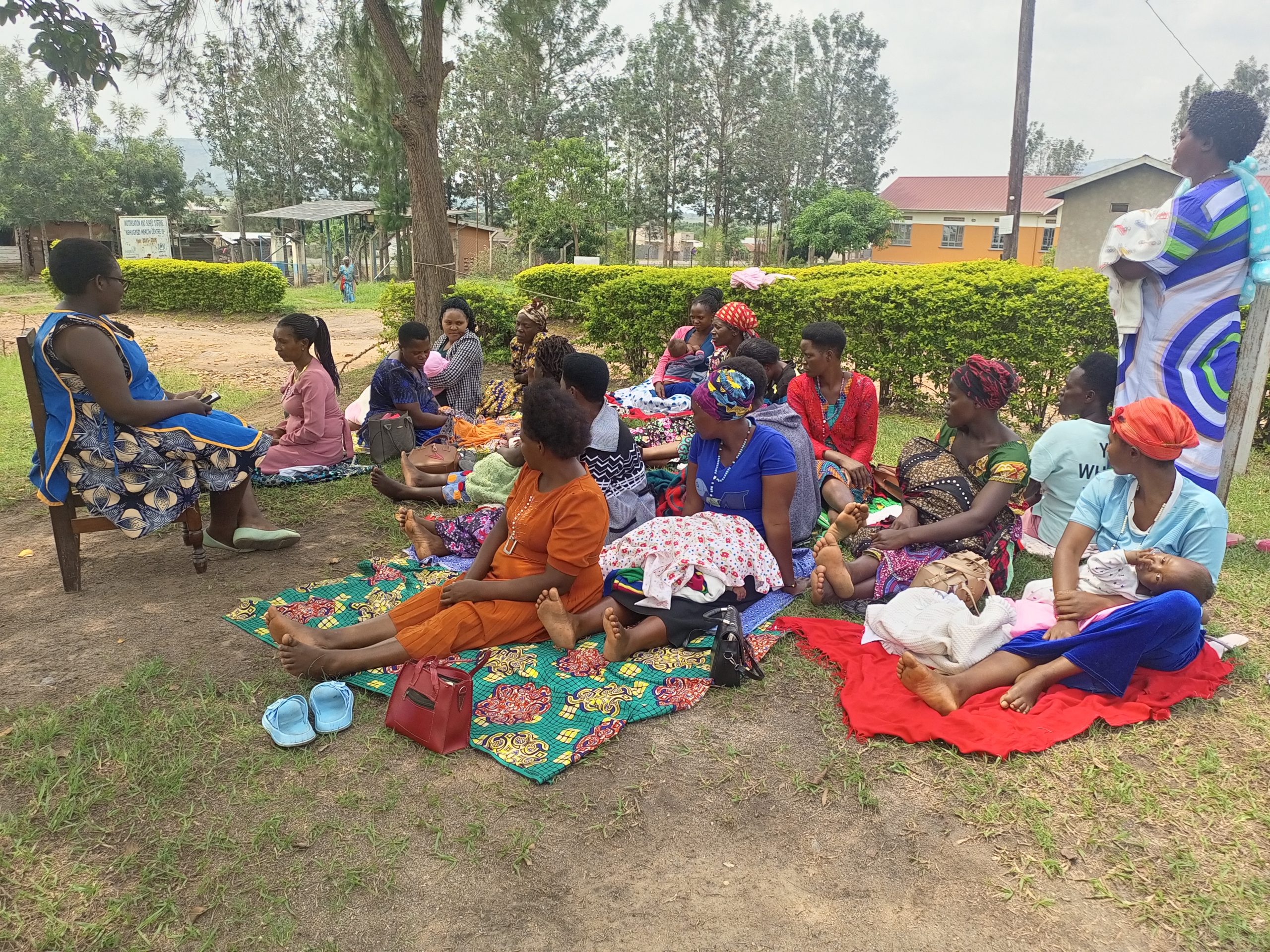Shared Action Africa in Cervical Cancer Fight within Refugee Communities.
Shared Action Africa has intensified its efforts in the fight against cervical cancer within refugee communities. The health team, led by Kamusiima Adella, a midwife by profession and Sexual and Reproductive Health Officer at Shared Action Africa, represented the organization during an outreach at Oruchinga Refugee Settlement. The mission involved cervical cancer screening and training women refugees on how to protect themselves and manage the condition if diagnosed.
Adella emphasized that Shared Action Africa’s goal is to reduce the spread of cervical cancer among women by increasing awareness, providing training on prevention strategies, and offering regular cancer screening and testing.
“Today, as the Shared Action Africa team, we are at Ishungezi Health Center III, located in Oruchinga Refugee Settlement, Isingiro District, Western Uganda. We conducted health education at the facility, mobilized people from neighboring villages, and taught the community about cervical cancer, how it spreads, those at risk, and the preventive measures. After the education session, we provided cervical cancer screening services to the community. For the women who tested negative using VIA (Visual Inspection with Acetic Acid), we provided them with preventive treatment and linked them to VHTs (Village Health Teams) for follow-ups. For the few who tested positive, we were able to manage some through thermocoagulation, while others were referred to the regional referral hospital. They were also connected to VHTs for continuous monitoring and support. We believe the training was effective because it was highly interactive. The mothers will share the knowledge with their neighbors, friends, daughters, husbands, and other community members, spreading the message of health awareness. We are confident that, over time, this community will become more informed about cervical cancer, leading to a significant reduction in its spread,” Adella said.

